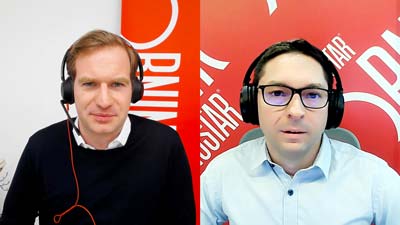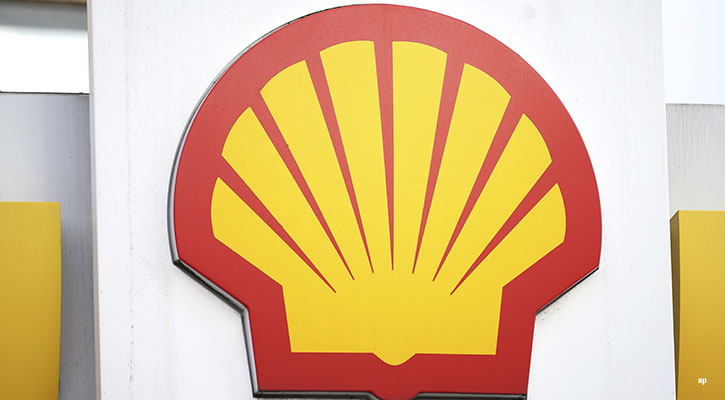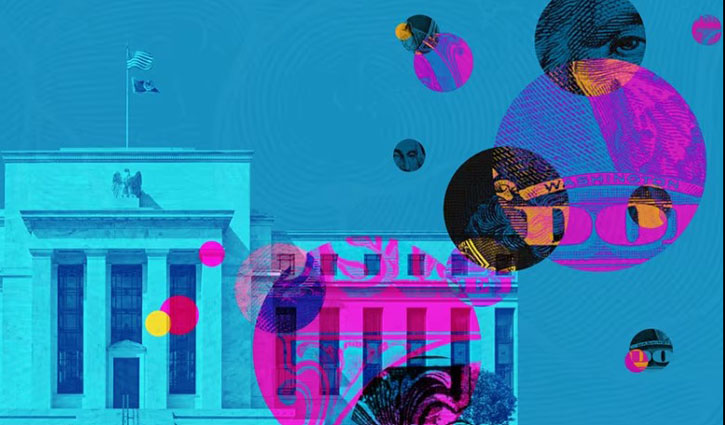Fair value estimate: 1,200p ¦ Uncertainty: Medium ¦ Economic moat: Wide
Thesis
(Last updated 13/11/09)
In our opinion, Diageo is the best spirits company in the world. With eight of the world's top 20 brands and unrivaled global distribution scale, the firm generates robust free cash flows and has a wide economic moat. However, we worry that the weak economy could prompt the firm to make a pricey acquisition to generate growth.
Diageo is the world's largest spirits maker, and the strength of its portfolio is unmatched. Brands such as Smirnoff, Baileys, Johnnie Walker, and Jose Cuervo are number one in the world in their respective categories, and the firm's portfolio includes other heavy hitters such as Guinness, Tanqueray, and Captain Morgan. Because of its strong portfolio, Diageo has built a distribution fortress. For example, in America (the most profitable spirits market in the world), Diageo has consolidated its distribution base, where allowed, to one exclusive agent per state, or 80% of its total United States volume. No other firm has come close to replicating this in the US, where Diageo is the incumbent leader. This exclusivity is highly profitable and has resulted in operating margins in North America in excess of 35%, well above the firm's average in the high 20s and higher than most of its other competitors'.
Although Diageo's portfolio and scale are best in class, the global recession has placed the firm at a difficult crossroads. For years, Diageo benefited from consumers trading up to its premium brands, but the slump in the global economy and the subsequent pullback in spending have caused consumers to trade down, slowing profit growth.
Over the longer term, we believe that consumers will return to premium products, especially in emerging markets where Diageo's brands are perceived to be "aspirational," as the economy stabilises and consumer sentiment rebounds. However, Diageo's slow earnings growth in the near term could prompt management to make an acquisition to drive growth. While CEO Paul Walsh has stated publicly that the firm would walk away from an overpriced acquisition and would instead opt to increase the dividend, an acquisition is not entirely out of the question in our minds. We are cautious of the firm's stake in the spirits business of LVMH, as we think Diageo has a strong desire to own 100% of the assets, and the fact that management has paid steep prices for certain acquisitions in the past, like Ketel One. Even though LVMH's spirits business would be a great fit for Diageo, those assets don't appear to be for sale right now. We would rather Diageo return excess cash to shareholders than issue equity or increase its already high debt load to fund an acquisition.
Valuation
Our fair value estimate is 1,200p, which implies forward price/earnings, price/cash flow, and enterprise value/earnings before interest, taxes, depreciation, and amortisation multiples of 19, 18, and 11, respectively. Foreign currencies will continue to cause fluctuations in Diageo's cash flows, and we believe we have accounted for this in our uncertainty rating. We expect volumes in fiscal 2010 to come under pressure as a result of macroeconomic head winds such as weak consumer spending, but in the longer term we project sales in the 4%-5% range. This results in an underlying, currency-neutral sales growth forecast of 3%-4% on average over the next five years. We believe operating profits on an underlying basis will be weak this current fiscal year because of the weak global economy, but in the longer term, we forecast operating profits to increase at a faster clip than sales as the firm gains leverage over marketing and advertising in emerging markets. Over the next five years, we forecast operating profits to grow about 5% on average on an organic, currency-neutral basis. We do not forecast any acquisitions, which could change our fair value estimate depending on the timing, size, and price paid for such deals.
Risk
Foreign currency fluctuations can cause large swings in Diageo's earnings and cash flows, and thus our fair value estimate. Also, Diageo could destroy shareholder value should it overpay for an acquisition. Finally, spirits companies are subject to heavy regulation and taxation, both of which can change rapidly in each of Diageo's 180 sales territories.
Management & Stewardship
Paul Walsh, a veteran who started at Grand Metropolitan in 1982 and spent a decade running Pillsbury, stepped into the CEO role in 2000. Walsh has been the driving force behind Diageo's strategy to shed noncore businesses in order to focus on spirits. Franz Humer, a director since 2005, was appointed board chairman in July 2008 following the retirement of James Blyth, who presided as chairman for eight years. We applaud the separation of the chairman and CEO roles and the fact that Diageo's 11-member board is composed of nine independent members. We don't see any red flags in corporate governance. Compensation levels seem consistent with those at comparable companies, and the CEO and CFO's salaries were flat in 2009 to reflect the performance of the company. About 70% of compensation is variable, based on both annual and longer-term performance. Management and shareholder interests appear well-aligned. The only gripe we have is that directors do not stand for elections annually; we think the company could strengthen its governance policy by removing staggered board elections.
Overview
Growth: On an internal, currency-neutral basis, we expect Diageo's annual sales growth to average about 3%-4% over the next five years as strong growth in emerging markets offsets low-single-digit growth in Europe and North America.
Profitability: We expect Diageo to generate operating profit growth ahead of sales growth. On an internal, currency-neutral basis, we forecast operating profits to grow 5% each year on average for the next five years, leading to returns on invested capital of about 16% over the same period.
Financial Health: While Diageo carries a rather full debt load, in our view, with debt/capitalisation at 73%, the firm consistently generates very strong cash flows, and its coverage ratios are more than adequate. For the next five years, we think adjusted free cash flows will average about 18% of net sales.
Profile: The product of a merger between Grand Metropolitan and Guinness in 1997, Diageo is the world's leading producer of branded premium spirits. It also produces and markets beer and wine. Brands include Guinness stout, Smirnoff vodka, Tanqueray and Gordon's gins, Captain Morgan rum, Baileys Irish Cream, and Johnnie Walker scotch. Diageo also owns 34% of upscale champagne and cognac maker Moet Hennessy, a subsidiary of French luxury goods maker Moet Hennessy-Louis Vuitton.
Strategy: Diageo aims to flex its scale to gain distribution leverage and increase profits in developed markets. We expect Diageo to use the cash flows from these highly profitable developed markets to gain market share and pursue growth in emerging markets. The company has also used acquisitions as a means for growth, which we expect to continue from time to time.
Bulls Say
1. Diageo is the largest spirits maker in the world, with eight of the world's top 20 brands.
2. In the longer term, consumers in emerging markets are likely to trade up to premium spirits brands, where Diageo's portfolio is positioned.
3. Diageo controls exclusive distribution rights where allowed in the US, where no single competitor has achieved a similar feat. This has contributed to above-average profitability in the region.
4. Emerging markets are growing at a much faster clip than the rest of Diageo's operations, and the firm has been quick to establish a foothold in distribution and marketing.
Bears Say
1. Diageo's premium positioning could make near-term top-line growth more difficult amid head winds resulting from consumer weakness and a global macroeconomic slowdown.
2. Diageo manufactures products that contain a potentially addictive drug, leading some people to label the equities of alcohol purveyors as vice stocks; certain classes of investors will not own vice stocks regardless of price.
3. One of the company's largest brands, Jose Cuervo tequila, is not owned by Diageo outright, but is an agency brand manufactured and distributed under license. This license extends through 2013, and it is uncertain whether Diageo will retain the brand after that.
4. Consolidation in the spirits industry has created competitors that, once dwarfed by Diageo, are now approaching the company's scale. Pernod Ricard has bulked up considerably after buying V&S (maker of Absolut) and carving up Allied Domecq.
























